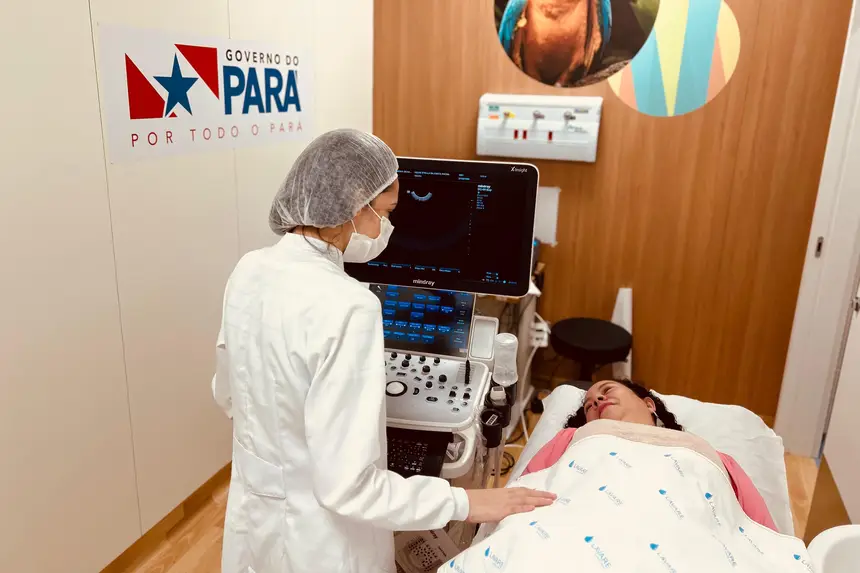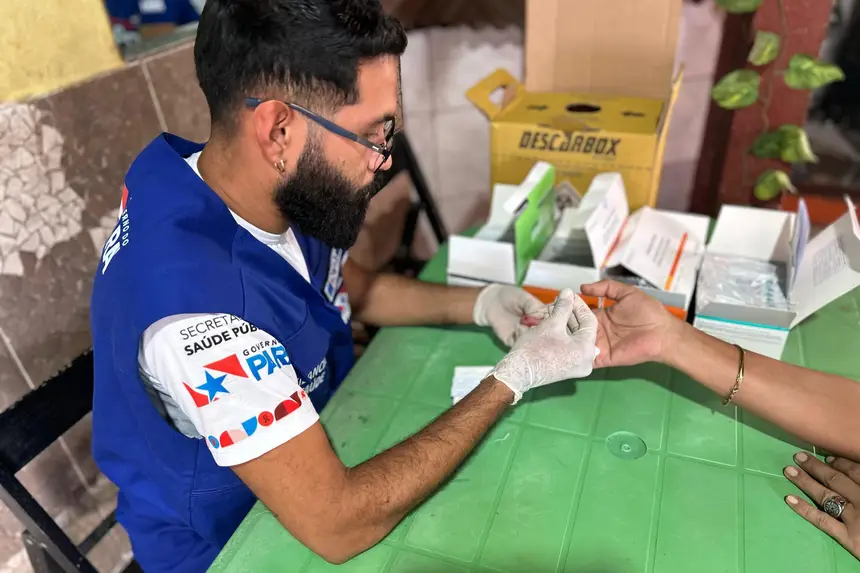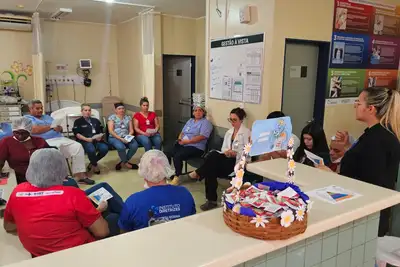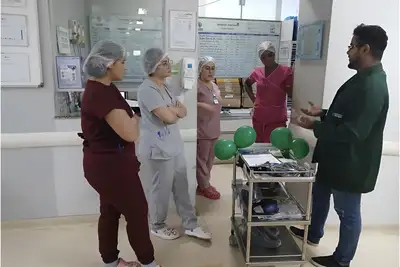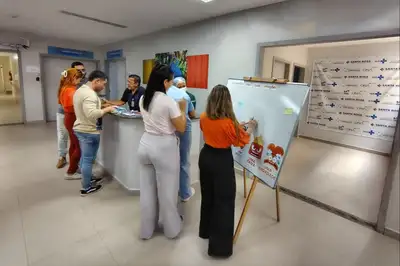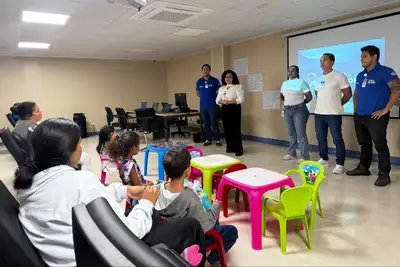Pará fights misinformation and seeks to raise awareness about sexual health
The State Health Department (Sespa) celebrates World Sexual Health Day on September 4 and reinforces the importance of seeking care and reliable information in the appropriate places.
World Sexual Health Day, established by the World Association for Sexual Health (WAS), is celebrated on September 4 as a global milestone for strengthening sexual health and rights. More than a symbolic date, the moment seeks to promote open dialogue, combat misinformation, and reinforce that caring for sexuality is fundamental to quality of life.
In Pará, the State Department of Public Health (Sespa) emphasizes the importance of mobilization, highlighting that sexual health goes beyond the absence of diseases. According to Sespa's general practitioner, Gabriel Jardim, healthy sexuality generates benefits that reflect in all areas of life.
“Caring for sexual health is caring for yourself and also for the people you love. This care promotes well-being in all dimensions of life: it improves sleep, reduces stress, strengthens the immune system, increases self-esteem, and even helps reduce symptoms of anxiety and depression,” explains the doctor.
Combating prejudices and taboos
Having a date dedicated exclusively to the theme is also an opportunity to confront prejudice. For doctor Gabriel, September 4 serves as a tool for legitimizing the debate. “When the subject appears in public health campaigns, it gains legitimacy and becomes a topic within families, schools, and communities. This helps break the silence, combat taboos, and makes it easier to seek reliable information and care in health services,” he emphasizes.
The fight against sexually transmitted infections (STIs) and awareness about contraceptive methods are permanent priorities for Sespa. The department invests in different strategies to bring information closer to the population, from educational campaigns in schools and communities to the use of accessible channels such as radio, television, and social media.
Sexual justice as a right for all
The state coordinator for Women's Health at Sespa, Nicolli Mendes, reminds us that the global theme chosen for 2025 - “Sexual Justice: is it possible?” - reinforces the commitment to equality, respect, and access to safe information.
“Discussing sexual justice is also talking about prevention. Everyone has the right to take care of their own health without prejudice or barriers. When we think about Sexually Transmitted Infections (STIs), such as HIV, syphilis, gonorrhea, and HPV, prevention is essential. Using condoms, having access to rapid tests, receiving appropriate treatment, and seeking quality information are ways to ensure not only individual health but also collective sexual justice. And all of this is available at Basic Health Units,” she highlighted.
Free services offered by Sespa
Sespa maintains a series of services and actions focused on sexual health: Free distribution of male and female condoms; offering rapid tests for HIV, syphilis, and viral hepatitis; health education programs in schools and communities; care at Testing and Counseling Centers (CTA) and reference services for STIs and ongoing campaigns on strategic dates, such as World AIDS Day.
These initiatives aim to expand access to prevention, reduce the transmission of STIs, and ensure that the entire population has access to quality information and free care.
Where to seek care and reliable information
People who want more information or free care can seek the nearest Basic Health Unit, the CTAs present in different regions of the State, or specialized services in STIs, HIV, and viral hepatitis. In addition, Sespa's official channels - website and social media - as well as the digital platforms of the Ministry of Health, offer updated information on prevention, rights, and care.
“Sexual health is a right for all. Reliable information is the best form of prevention, and services are within reach of the population, free and accessible,” emphasized the State Secretary of Health, Ivete Gadelha Vaz.


